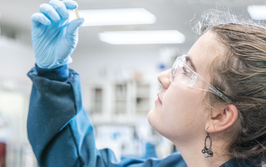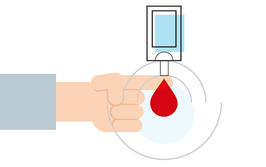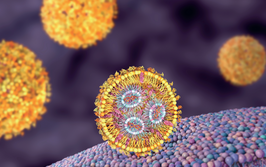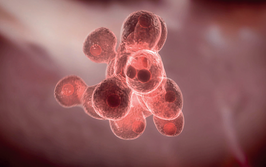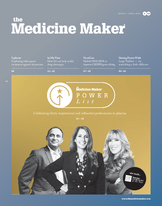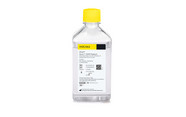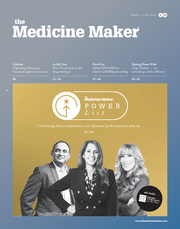
Beating the Resistance
Should we target minor rather than major infections with new therapeutics to best fight antibiotic resistance?
An oft-suggested solution to antibiotic resistance is to curb prescriptions for relatively small infections, but this only solves half the problem, as patients still have to deal with minor infections – before they turn into major ones. The current fight against antibiotic resistance revolves around alternative therapeutics for the most severe diseases, but these are difficult to develop. A recent study suggests that alternative therapeutics for minor bacterial infections may be a better solution to help reduce microbes’ growing drug resistance (1).
After reviewing previous studies of antibiotic use and using an evolutionary framework to analyze the data, Kristofer Waldetoft and Sam Brown from the Georgia Institute of Technology, USA, believe that it is plausible that the widespread use of antibiotics against certain mild infections may contribute significantly to the development of antibiotic resistance. For example, one common and relatively mild infection is pharyngotonsillitis, which is treated with penicillin. It represents a large contribution to antibiotic use, and so may affect the evolution of resistance in other bacteria.
“Systemic antibiotic treatment selects for resistance throughout the patient’s microbiota, not only in the pathogen it is aimed to target. Thus, when weighing the benefits of treatment against the problem of selecting for resistance, one needs to look beyond the infection at hand and take the whole microbiota into account,” Waldetoft and Brown write in their study.
Using alternative therapeutics for minor infections, such as antivirulence drugs that limit the infection and make it asymptomatic or bacteriophages, which actively kill the bacteria, would reduce the selection pressure of antibiotic resistance. “This [approach] should slow the spread of resistance and keep the remaining antibiotics effective for more severe infections. In addition, new treatments for mild infections may also be easier to develop,” says Waldetoft. As mild infections allow more time for diagnostics, they also lend themselves to therapeutics that have a narrow spectrum and, thereby, a reduced negative impact on the commensal biota.
- K Wollein Waldetoft, SP Brown, “Alternative therapeutics for self-limiting infections-An indirect approach to the antibiotic resistance challenge”, PLoS Biol, 15, e2003533 (2017). PMID: 29283999.

